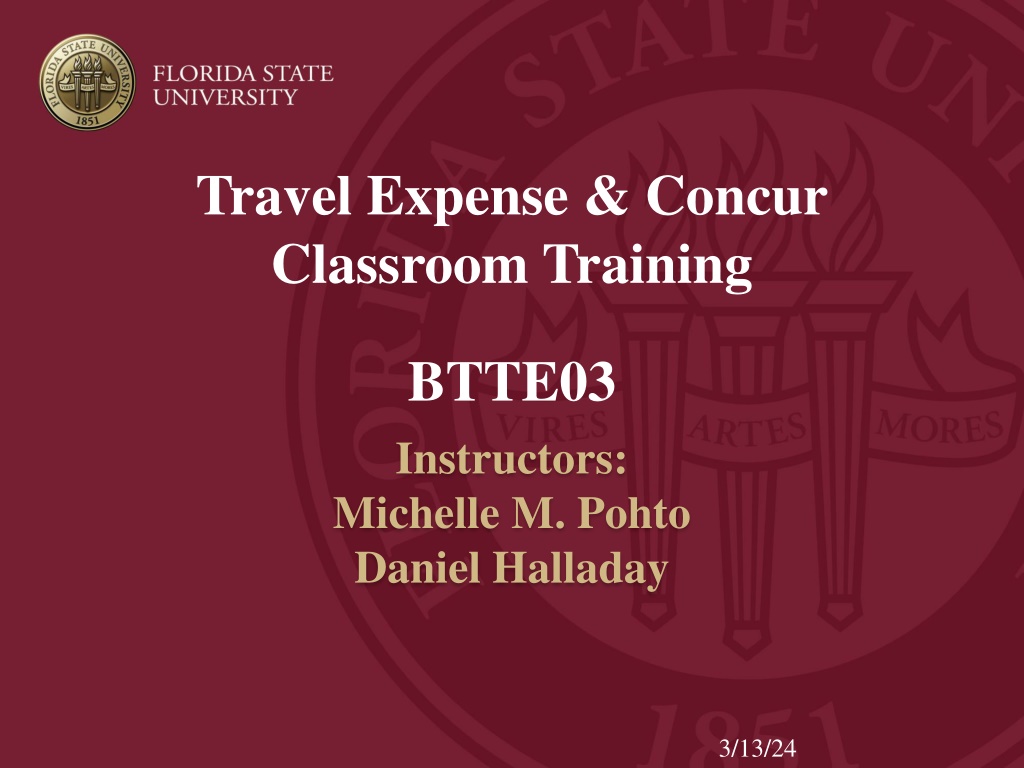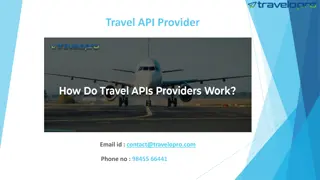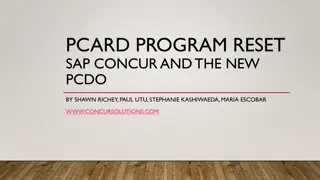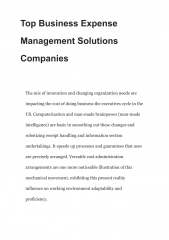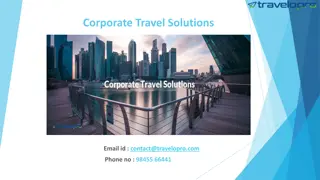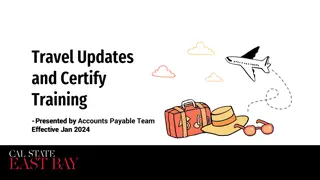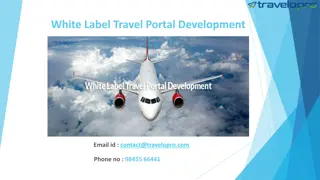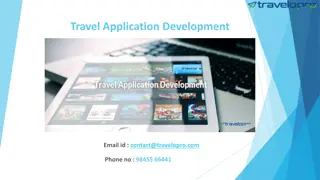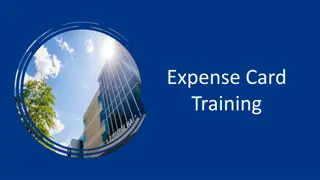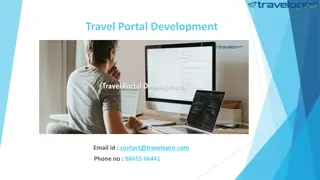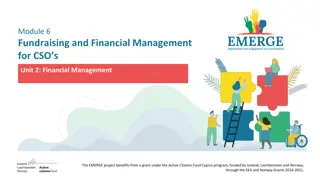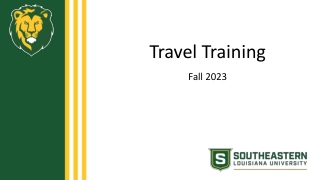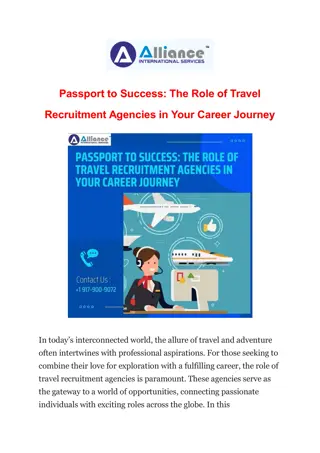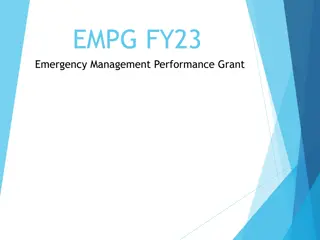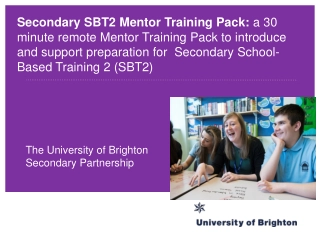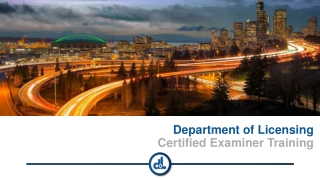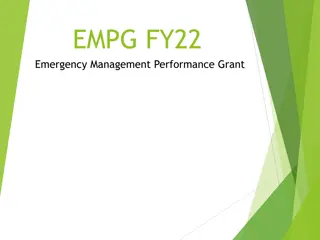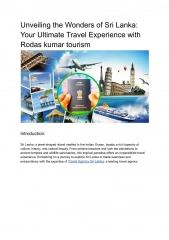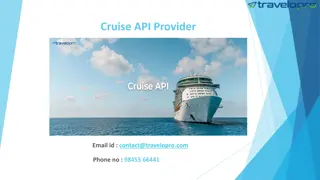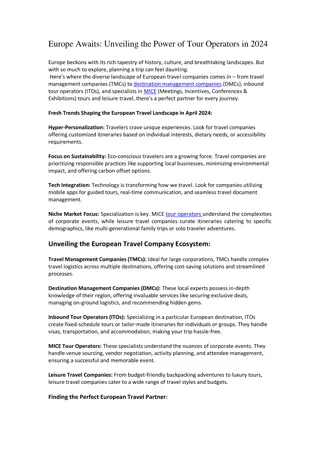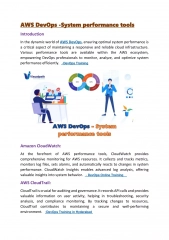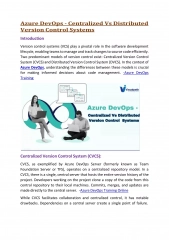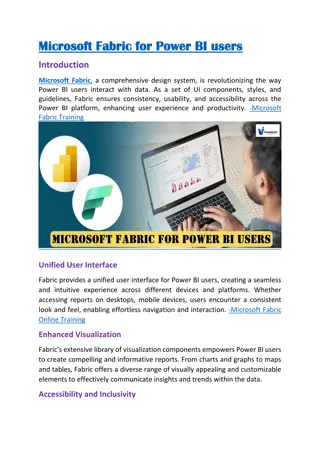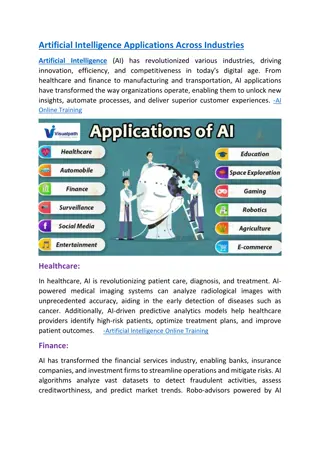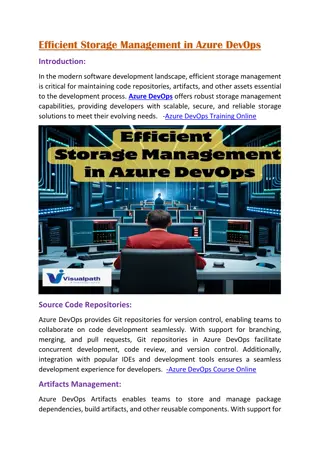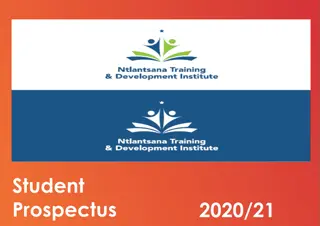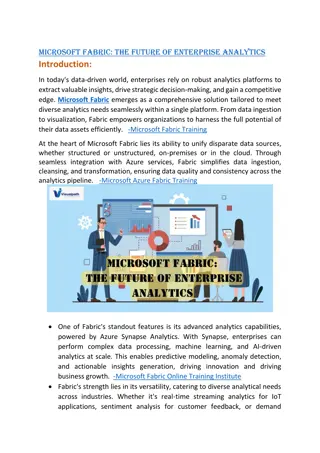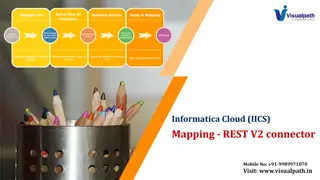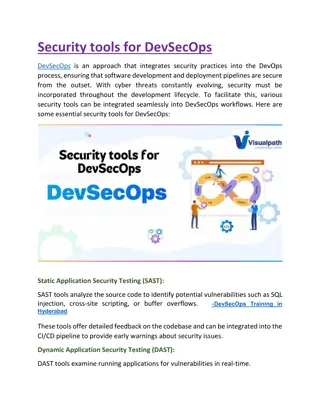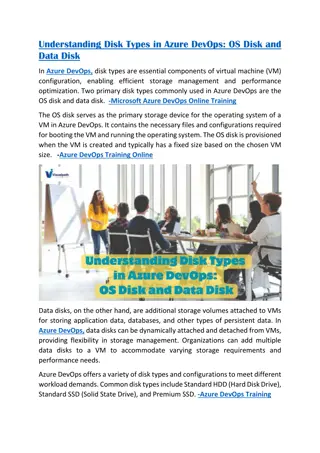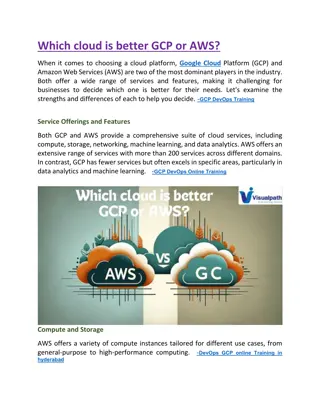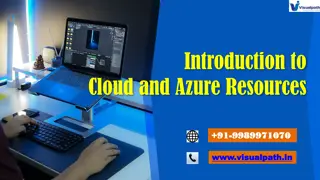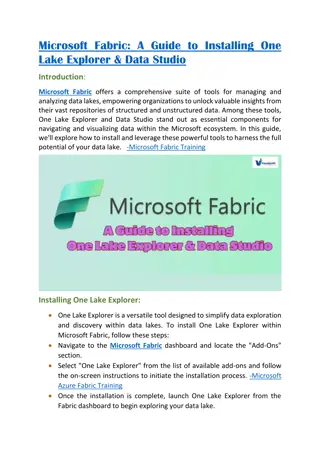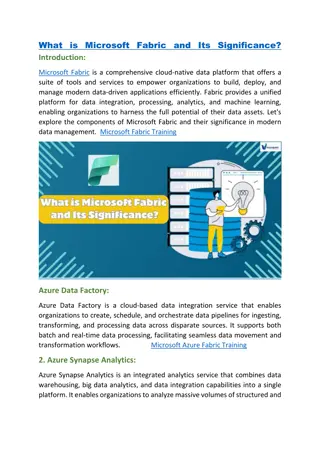Travel Expense & Concur Classroom Training Overview
Explore the essentials of travel expense management and Concur classroom training at FSU, covering topics such as travel procedures, reimbursement guidelines, recent updates, legal authority, and approver roles. Understand Florida travel basics, pre-travel requirements, and more. Enhance your knowledge for efficient travel planning and expense handling.
Travel Expense & Concur Classroom Training Overview
PowerPoint presentation about 'Travel Expense & Concur Classroom Training Overview'. This presentation describes the topic on Explore the essentials of travel expense management and Concur classroom training at FSU, covering topics such as travel procedures, reimbursement guidelines, recent updates, legal authority, and approver roles. Understand Florida travel basics, pre-travel requirements, and more. Enhance your knowledge for efficient travel planning and expense handling.. Download this presentation absolutely free.
Presentation Transcript
Travel Expense & Concur Classroom Training BTTE03 Instructors: Michelle M. Pohto Daniel Halladay 3/13/24
Course Outline Introduction to Travel at FSU Before the Traveler leaves When the Traveler returns Foreign Travel Non-Travel Reimbursements Other Common Travel Issues
Recent Travel Updates Hotel Itemization is no longer required. Still available for itemizing personal expenses on a T-card. Is this the last report for this request? question removed. Other potential changes upcoming. Stay tuned
Legal Authority The payment of travel expenses is governed by: Section 112.061 of the Florida statutes Chapter 3A-42 of the Florida Administrative Code FSU Policy & Procedures
FSU Travel Office Website Bookmark this site: travel.fsu.edu FSU Foundation Expenditure Policies & Procedures. (Not in scope of this class) FSU Research Foundation Policies and Procedures (Not in scope of this class)
Approver Roles & Responsibilities Default Approver The traveler s immediate supervisor in OMNI HR Acknowledges that a direct report will be out of the office. Not responsible for budget or policy matters but can consider them, if desired. Cost Object Approver Budget Manager or Project Travel Approver Responsible for budget and policy compliance Is the expense allowed on this dep t/fund/project? Ensures receipts are attached and correct
Florida Travel Basics Class of Travel determines eligibility for lodging, meals and/or per diem. Class A Travel Continuous travel of more than 24 hours away from headquarters Class B Travel Continuous travel of 24 hours or less involving overnight absence from headquarters Class A & B Travel must be more than 50 miles away from headquarters to claim meals & lodging or per diem. Class C Travel No meals or per diem allowed (Since FY 02-03) Travel for short or day trips not involving overnight stay away from headquarters
Pre-Travel (Before Departure) Travel Request Always Comes First! Who, What, When, Where, Why of the trip Only an estimate (limited number of expense types available) Notifies Supervisor If travel rep is booking with their t-card on behalf of a traveler, both the travel rep and traveler need a request for the trip.
Pre-Travel, Continued If traveler needs a t-card, apply and complete online training/test >1 month before trip. If traveler isn t an FSU employee and will be reimbursed for out-of-pocket expenses, complete Guest Traveler form. Travel reps may complete and submit a travel request on behalf of a traveler. (Not able to submit Expense Report)
Less than Entitled Documentation This form applies any time when a traveler receives an amount less than entitled. ( Examples: COGS grant, personal car reimbursed at rental rate, department policy, etc) If meals are claimed when eligible for per diem, the traveler must sign form which is then retained by department. Form needs to be signed by traveler prior to trip. One for each trip. Attach form to the expense report as a receipt or enter comment that the department has it on file.
Cash Advance First, consider if a t-card would be a better option. Email travel@fsu.edu to enable the traveler to request a cash advance. For authorized university employees, up to 100% of travel expenses. (Recommend <80%) Must be for more than $200 Will not be paid out earlier than 15 calendar days prior to first day of travel. Paid through EFT just like payroll. Approvers approve the cash advance request when they approve the travel request. Cash Advances must be settled within 10 working days after the employee returns from the trip. If not settled by 58 days from issuance, it will be sent to Payroll for mandatory settlement (IRS implications).
Booking Travel FSU has a contract with Collegiate Travel Planners (CTP) for booking Air, Hotel & Rental Cars. Booking with CTP (in Concur or over the phone) is mandatory for air travel. FSU Travelers should use most economical means of travel available considering all factors. Obtain comparisons at time of booking if traveling a non-direct route, adding personal travel or upgrading class of fare.
Tax Exempt Status T-card charges made in the state of Florida are tax exempt. The most common tax-exempt purchases are lodging and auto rental.
Blanket Request For multiple similar trips over a period of time. One request per traveler, per semester is fine. Monthly mileage logs are most common use, but there are other scenarios.
Group Travel Group Travel is only for groups of five (5) or more non-employee travelers. A group travel roster (with signatures)must be attached to the expense report. Employees may not be included on a group travel roster.
Air Travel Rules & Booking Receipts must clearly state passenger name, total amount paid, form of payment, ticket number, destination(s), dates, times and class of fare. Tickets should be economy class and non-refundable. Business class travel or its equivalent is reimbursable for all segments of trips with at least one segment lasting longer than eight hours. Baggage fees require receipt for reimbursement. Trip insurance & seat selection fees are not reimbursable. Travelers should take the most direct route. Deviations from either the most direct route or travel dates must have a comparison attached for reimbursement. Travelers are allowed up to two hours before departure and after arrival to leave/return home from the airport.
Rental Car Rules & Booking Avis/Budget, Enterprise/National, and Hertz are contract providers. Renting on contract is required for domestic rentals. Check out Vehicle Rental Matrix on FSU Travel Website for details on each rental contract. Can be reserved through Concur or direct with the agency. Compact car only unless there is justifiable upgrade. (Multiple FSU travelers sharing a vehicle, Transporting equipment). Do not purchase any optional add-ons for domestic rental like toll service, additional fuel service, additional insurance. These are included in our contract. Do not ask for any other (AAA, SkyMiles, AARP etc) discounts.
Billing Numbers A billing number allows a T-card holder to reserve and pay for a car on behalf of another person. Do not share a billing number with another traveler or travel rep. Most common: Avis/Budget billing number, complete the form and email it to floridahelp@avisbudget.com.
Rental Car Fuel Try to refill the car to the same fuel level as when you picked it up. Fuel service is already included in all contracts. The rental agency will fuel vehicle on return. Terms are decent for Avis and Hertz, not as good for Enterprise/National. Do not purchase any other/additional fuel service option. When completing an expense report with rental vehicle fuel, make sure proof of vehicle rental is attached or comment cross referencing the report with the rental is entered.
Vehicle Rental & T-Cards Vehicles rented in Florida & on a t-card (or billing number) are tax-exempt. Check your receipts carefully. It may take up to 14 days for vehicle rental transactions to appear in Available Expenses. Tolls will appear separately and may take up to 30 days.
Vehicle Rental Continued Per State of Florida policy, neither size nor stature of a traveler is a valid justification for larger class of vehicle. For domestic rentals DO NOT book off contract without reaching out to travel@fsu.edu first. If renting off-contract (International or with an exception for domestic), traveler should purchase collision & comprehensive insurance (but not liability). Include justification in comments.
International Vehicle Rental FSU has no contract for International rentals. Compare the rates among vendors for best price, including insurance, all factors considered. Be aware of insurance laws in the country you are renting. If possible, consider rideshare as driving in an unfamiliar country can be dangerous.
Conference Reg Dos & Donts Do not pay/register more than 30 days before the early bird deadline. If no early bird price, do not pay more than 30 days before deadline or start date. Abstract fees are not a travel expense. We cannot approve them on university funds. They may be allowable on FSU Foundation or Research Foundation funds. Do not pay for t-shirts, tours, golf outings, banquets, unallowed memberships, etc on a t-card. These are not reimbursable expenses. Registration may be paid With a t-card (contact travel@fsu.edu if card is declined) Out of Pocket P-card (ONLY if registration includes membership)
T-card Charges in Concur All T-card and Airfare card charges post in the traveler s Available Expenses and should be processed in an expense report as soon as possible. Automated email reminders will send for charges that are in available expenses for 7+ days. The Outstanding T-card report is posted daily on the travel website under the Concur Reporting link. Contact travel@fsu.edu for assistance with charges on the profile of a former FSU employee.
T-Card Charges Pull these into an expense report once they post. Submit the expense report as soon as possible.
Airfare Card Charges Pull these into an expense report once they post. Submit expense report as soon as possible. Contact Travel Office if these appear to be on the wrong Concur profile.
Reservation Charges Delete these by selecting the checkbox and then clicking delete button. The system will not let you delete actual university card charges.
After the Trip Determine if Class A, B, or C travel Create an expense report if one isn t already started. Determine if any meals were provided to the traveler
Per Diem or Meals & Lodging? For each day of Class A&B travel, travelers have two options: Per diem of $80/day Or Actual lodging expense plus daily meal allowance Travelers may not receive per diem or meals/lodging for Class C travel.
Determining Per Diem Amount Due Each day is broken into 4 quarters Traveler may receive $20.00 for each quarter of the day that they are in travel status
Meal Allowance Determined by Concur itinerary for employee travelers. Guest travelers use Guest Daily Meal Allowance expense type. Enter comment detailing which meals are being reimbursed. Domestic Meal Rates: Breakfast - $6 - Travel must begin at 5:59 AM or earlier and extend to 8:01 AM or later Lunch - $11 - Travel must begin at 11:59 AM or earlier and extend beyond to 2:01 PM or later Dinner - $19 - Travel must begin at 5:59 PM or earlier and extend to 8:01 PM or later
Meal Eligibility Meals provided by Airlines are not excluded from the Traveler s meal allowance or per diem. Meals provided by a Hotel (to all occupants not just conference attendees) are not excluded from the Traveler s meal allowance or per diem. If hotel meal is provided to conference attendees only the meal is excluded. Concur defaults to pay all meals for each day of itinerary. Check box on itinerary to exclude any meals necessary, including last day if claiming per diem.
Meals & Conference Travel Attach Schedule-at-a-glance or portion of conference schedule showing meals. Use comments to clarify when the schedule is unclear if a meal was provided. Traveler may not claim a meal allowance if meals were included in registration fee paid by the University; this applies even if traveler decides not to eat the meals (exception is an ADA accommodation) A continental breakfast is considered a meal A reception is not considered a meal but a banquet is. What about brunch? If start time is between 8:30-10:30: Breakfast If start time is between 10:30-12:00: Lunch
Adding Meals to Expense Report Don t click Import itinerary unless you adjust departure/arrival times to the time the traveler left/arrived at home. If it s a foreign trip, on return, be sure to enter all legs of the trip in order to ensure correct meal amounts. Step-by-step guide to itineraries is located in the Concur User Guide.
Mileage If traveler uses personal vehicle, traveler will be reimbursed for mileage at 44.5 cents per mile for miles related to University business. Mileage Use the tool to calculate mileage. The Personal check box excludes those miles from reimbursement. Documented Miles requires a mileage log be attached as a receipt.
Tolls Tolls under $30 per occurence and paid out of pocket do not require a receipt. If traveler (or department) owns a SunPass transponder, they may use it in a rental vehicle. Attach the receipt. Rental Companies use a plate recognition system included in our contracts. Optional toll service can only be reimbursed if you document cost savings on all tolls. Questions about toll charges and inquiries can be directed to the rental agency or www.htallc.com or (877) 765-5201
Attendees Recommended when one employee makes a purchase on behalf of another. Search for the name you wish to add & click Add to Expense . If name is not available (ie, for a guest), you can add it.
Lodging Lodging requires an itemized receipt showing charge to credit card and/or $0 balance. If two university travelers share a hotel room, cross-reference ER numbers in comments. When sharing a room and splitting the charges, get the hotel to split the charge. FSU can only reimburse the traveler paying the expense.
Common Lodging Justifications & Comments Justification dropdown field required for all lodging. Explanation needed if rate exceeds $225/night (before tax & fees.) Base rate under $225 is one of the drop-down options. If trip type is conference/convention, state in comments if conference was presented/sponsored by a state of Florida agency, university or the judicial branch. If it was, base rate may not exceed $225/night on funds 1xx, 2xx, 510, 520, 521, 523, 524, 530, 531, 540, 546 & 552. See FSU Travel Website for more information on state- sponsored conferences and lodging.
Hotels & T-Cards Book through Concur Compare rates vs. Conference rates. FSU ID needed to book state government rate. Booking Directly with Hotel Put personal card on file at front desk for any incidental purchases like room service/food. Upon departure review bill for accuracy. Booking online - using Third Party websites (Orbitz, Hotwire, Priceline) DO NOT BOOK. There is no benefit to these sites. These sites often cause issues by referring traveler to the hotel who will state they cannot make changes and refer back to the third party site. Entire lodging amount is prepaid All taxes are paid when booking through these sites Difficult to change or cancel these reservations. They have a bad refund policy.
Incidental Expenses All T-card charges except agent/booking fee & currency conversion fee require a receipt. Tolls, taxi, & parking do not require a receipt when paid out of pocket and are under $30 per occurrence.
Incidental Expenses Receipt Required Internet/wifi fees These require a comment justifying it is for business use only. Baggage fees Use expense type Airline Fees Passport, Visa, Mandatory Vaccines/Tests for business purposes only. Laundry For more than 7 consecutive days of travel only. Include itemized receipt.
Tipping FSU reimburses a maximum of 20% for taxi/rideshare tips. If expense is on t-card, itemize any amount over 20% as expense type Personal Non- reimbursable . If expense is out-of-pocket, reduce the overage amount to 20% maximum tip rate.
Travelers with Disabilities When a traveler with a disability incurs travel expenses in excess of those ordinarily authorized, and the excess travel expenses were incurred to permit the safe travel of that disabled traveler, those excess expenses will be reimbursed to the extent that the expenses were reasonable and necessary to the safe travel of that individual. Individual must have documented disability with Travel Office by way of Human Resources.
Foreign Travel Travel Request must be in place before trip! In addition, travelers should: Complete International Travel Attestation. Verify country is not on List of State Sponsors of Terrorism (Cuba, Iran, Syria, North Korea) Download Concur Mobile & TripIt Pro Review Travel Warnings & Alerts Review Student Travel Policies or Faculty/Staff Travel Policies
Foreign Travel Know foreign lodging rates when booking hotel. (Book through Concur or check Department of State Website) FSU pays actual incidental amounts for both domestic and foreign travel, not the incidental allowance. Meal rates are loaded into Concur and are determined based on locations given in itinerary. Receipt rules and requirements apply to foreign lodging receipts. Be sure receipt is correct at checkout. Working out a refund/correction is extremely difficult once traveler leaves. Per diem rate is same as domestic ($80/day).
Currency Conversion Concur determines currency conversion based on transaction location and date. If a transaction was made in USD in a foreign country, user can change currency type to USD on that expense line. If amount charged to credit card differs from Concur-determined amount, change the amount on expense line and attach (redacted) credit card statement for backup.
A Note on Foreign Meals Foreign meal allowance is paid based on where the traveler lays their head at night . At takeoff, traveler is on foreign meals. At takeoff upon return, traveler is back on domestic meals (or per diem for last day of travel). Concur requires a USA-to-USA line on the itinerary to revert back to domestic meals.
Non-Travel Expenses To be used in emergency situations or for virtual conferences only when on university funds. Be sure the expense is allowable on a given funding source. Can be mixed in with travel expenses. Change trip type on the non-travel expense line to Non-Travel Only . If entire expense report is non-travel expenses, no request is necessary. Be sure to choose Non-Travel for Trip Type, Report/Trip Purpose and Benefit to University fields.
Split Funding (Allocations) Only allocate the travel request if absolutely necessary. In the expense report, enter all expense lines and then allocate. Split funding should be the last step. Can allocate by percentage or dollar amount, Dollar amounts will convert to percentages when clicking Save .
